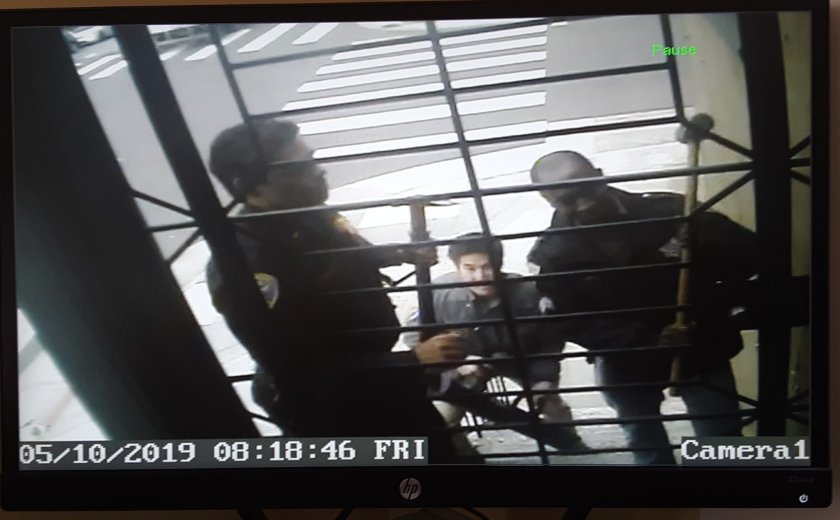San Francisco expected to reach $369,000 settlement with journalist Bryan Carmody over police raid

San Francisco is expected to pay Bryan Carmody $369,000 to settle a claim the freelance journalist filed last year after police raided his home as part of a leak investigation.
Last April, the San Francisco Police Department asked Carmody to reveal the source of a leaked police report concerning the death of public defender Jeff Adachi. Carmody refused, and a month later officers came to his home with search warrants, seizing computers, cameras and phones while FBI agents questioned the journalist.
All of the warrants were later nullified, deemed illegal under California’s “shield law,” which allows journalists to protect confidential sources and materials.
Filed last August, Carmody’s claim against San Francisco is related to the illegal warrants and the conduct of the police department in carrying them out, according to San Francisco’s resolution to settle. Courthouse News Service reported on Tuesday that the resolution is expected to head to the San Francisco Board of Supervisors’ Government Audit and Oversight Committee. If approved, it will then move to the full board for a vote.
The raid of Carmody’s home made national news, sparking outrage among journalists and press freedom advocates.
“Any search targeting a journalist’s confidential material is a particularly egregious affront to First Amendment rights and should be investigated thoroughly,” Reporters Committee Executive Director Bruce Brown said in a statement last May. “Mr. Carmody’s devices and work product should be returned immediately.”
When Carmody moved to have his equipment and materials returned, Reporters Committee attorneys gathered a coalition of 60 media organizations and sent a letter supporting his motion to the California Superior Court.
The Reporters Committee has also pursued records related to the presence of the FBI during the raid. Though FBI personnel did not participate in the search itself, the agency has confirmed that its agents were on site to question Carmody.
According to an FBI document obtained through a Freedom of Information Act lawsuit filed by the Reporters Committee in September, those agents knew that Carmody was a journalist. The Justice Department guidelines generally require authorization from the attorney general before a member of the news media can be questioned. But it’s unclear whether these guidelines were followed here.
“The Justice Department policies were put in place to handle criminal investigations in a careful and thoughtful manner based on a particular set of circumstances and provide meaningful protections for newsgathering,” policy analyst Melissa Wasser and Stanton Foundation National Security Fellow Linda Moon wrote in October. “The public deserves to know whether these policies were followed, and if they weren’t, the FBI needs to provide public justification.”
The Reporters Committee regularly files friend-of-the-court briefs and its attorneys represent journalists and news organizations pro bono in court cases that involve First Amendment freedoms, the newsgathering rights of journalists and access to public information. Stay up-to-date on our work by signing up for our monthly newsletter and following us on Twitter or Instagram.